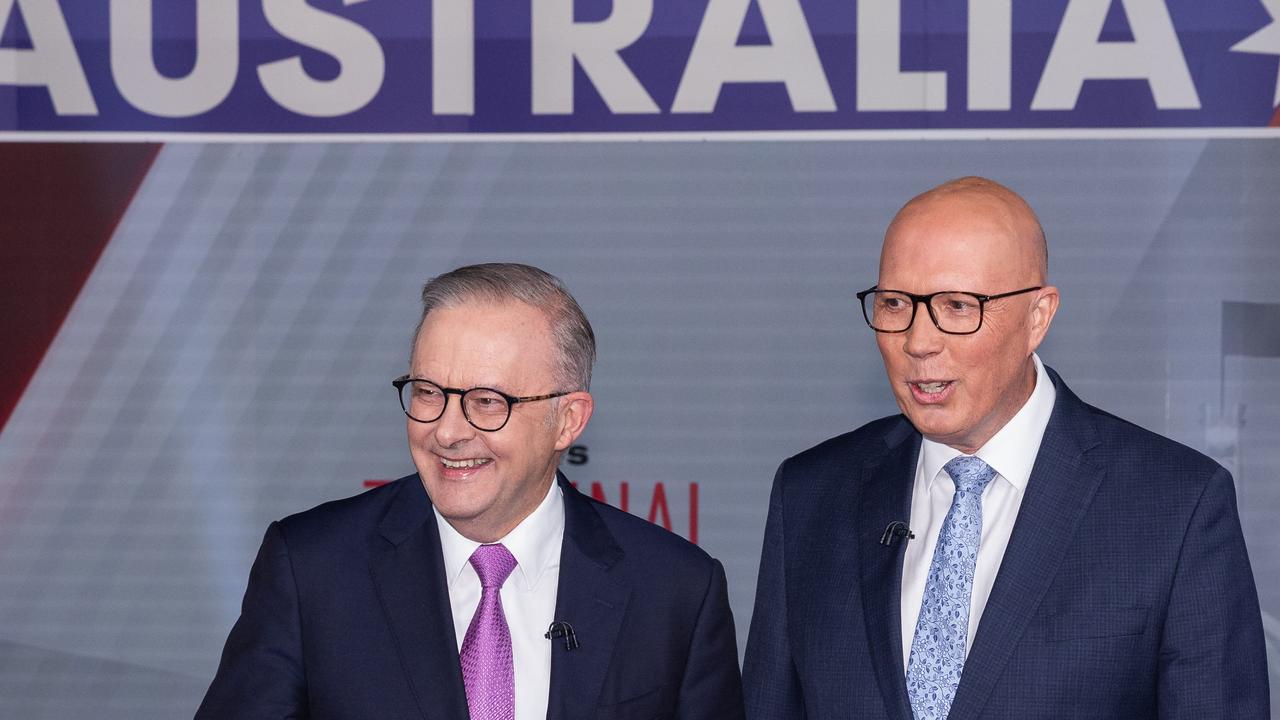‘Don’t want to go to the US’: ASX businesses flag major Trump problem
They haven’t been implemented yet, but just the threat of Donald Trump’s US tariffs is damaging some of Australia’s biggest businesses.
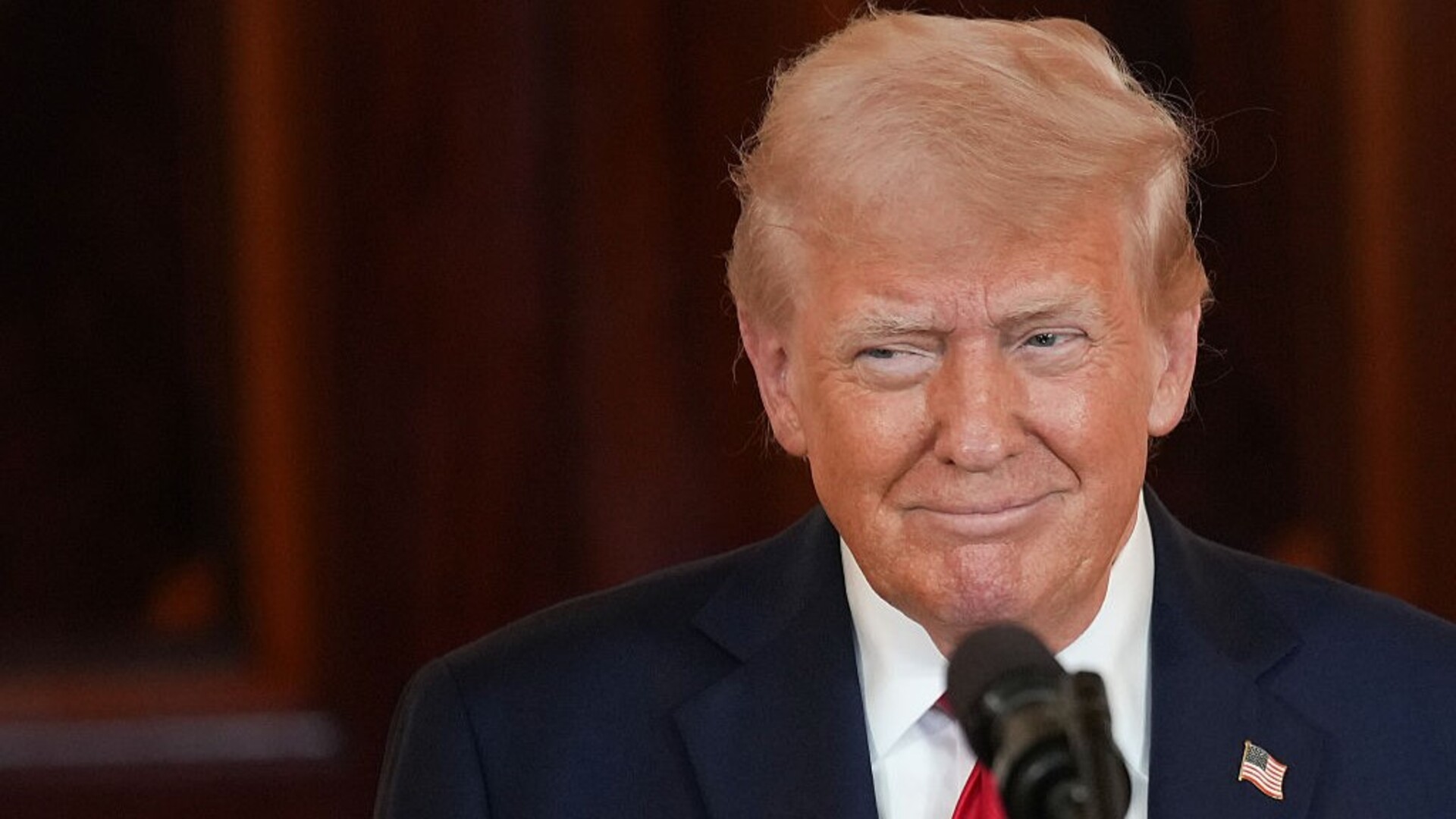
Business Breaking News
Don't miss out on the headlines from Business Breaking News. Followed categories will be added to My News.
Major Australian companies are beginning to feel the impact of US President Donald Trump’s aggressive tariff and immigration policies, with millions of dollars in potential earnings evaporating in the chaos.
ASX-listed travel company Flight Centre was one of the first to flag a direct impact on its business.
On Monday, the company said the uncertain economic conditions and fear of travelling to the US could impact the company’s earnings by more than $100m.
As part of his first 100 days as president, Mr Trump has increased immigration checks and border security measures, leading to concerns among tourists and other travellers that they will be met with a hostile reception if they visit the US.
Flight Centre announced its revised profit guidance from a range of $365m to $405m to between $300 to $330m on the back of “recent US developments.”
Flight Centre chief executive Graham Turner said travellers were turning away from the US.
“People from Europe, the United Kingdom and Australia really don’t want to go to the States, given what’s happening there,” Mr Turner said.
“We’re hearing more and more people don’t want to go through passport control.”
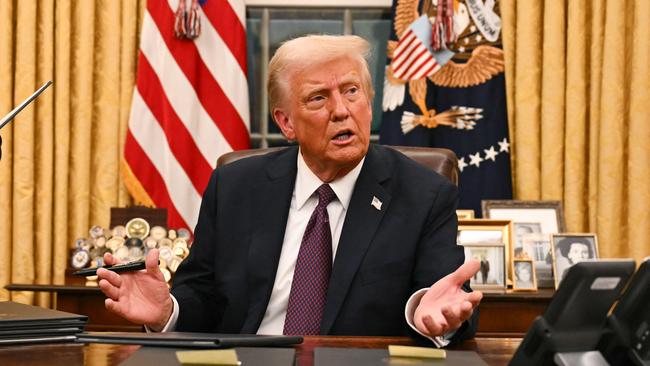
Morningstar equity strategist Lochlan Halloway said while the direct impact of tariffs on the Aussie economy was likely limited, the move would have flow-on effects for Aussie businesses.
“Many ASX-listed companies own US businesses, so the equity market is more exposed to tariffs than the broader economy,” he wrote.
“Australia’s 20 largest public companies generate approximately 10 per cent of their revenue in North America despite the region accounting for only 6 per cent of Australia’s total exports.”
Chaos agent
Mr Trump sent shockwaves through financial markets when he announced reciprocal tariffs on just about every country in the world on April 2.
Initially, Australia faced a 10 per cent tariff on goods and while it fared better than most, Prime Minister Anthony Albanese described it as “unwarranted”.
China received tariffs up to 145 per cent, while Australia’s other trading partners, including the European Union, Vietnam, Japan and South Korea, faced tariffs ranging from 20 to 52 per cent.
These tariffs were temporarily suspended for 90 days to allow countries other than China time to negotiate with the US.
Since Mr Trump announced the pause, stocks and bonds have mostly recovered from the massive fall experienced in the week post April 2.
The ASX 200 fell to a low of 7169.2 points in April and has since rebounded to 8238.
IG market analyst Tony Sycamore said the ASX recovery could be short-lived.
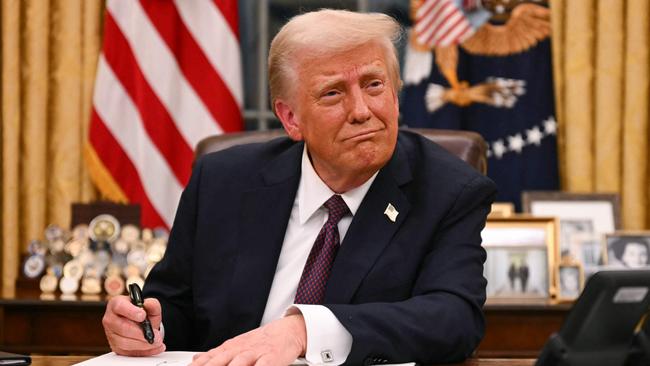
“At this point we’ve entered a bit of a calm before the storm,” he said.
“The ASX has certainly had an impressive rebound, but I don’t think it has much left in it.”
AMP chief economist Shane Oliver said despite the tariff backdown, the effective average tax on imports to the US would be about 23 per cent compared with just 3 per cent this time last year.
“It’s unclear how much progress will be made in terms of tariff deals,” he said.
“Some look to be more like agreements to negotiate which means the situation could easily flare up again.”
“Europe does not appear to be rushing to negotiate, and China is now reportedly assessing the possibility of talks but only after the US contacted it (in contrast to Mr Trump’s position that China had to contact the US first) and China still looks to be demanding that the US scrap the tariffs before negotiations begin.”
While the third-quarter results of ASX businesses came out during the tariff pause, some have already been affected by the noise surrounding Mr Trump’s controversial move.
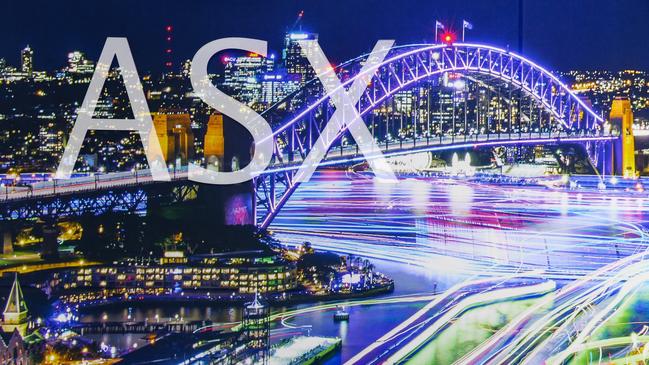
Brambles
Shipping company Brambles has also flagged some potential damage.
The pallets giant said demand could slow in the upcoming financial year, revising down its forecasts.
Brambles reported revenue of $4.9bn for the first three quarters of financial year 2025, up 3 per cent on the year prior.
But, the business announced less optimistic forecasts going forward, as “tariffs dampen consumer sentiment”.
Despite the impacts, Morningstar analyst Esther Holloway says the market could be over-estimating the impacts of tariffs.
“With most customers in consumer staples, Brambles’ core business is defensive and we don’t expect significant volume declines from tariffs despite shifts in consumer sentiment,” Ms Holloway said.
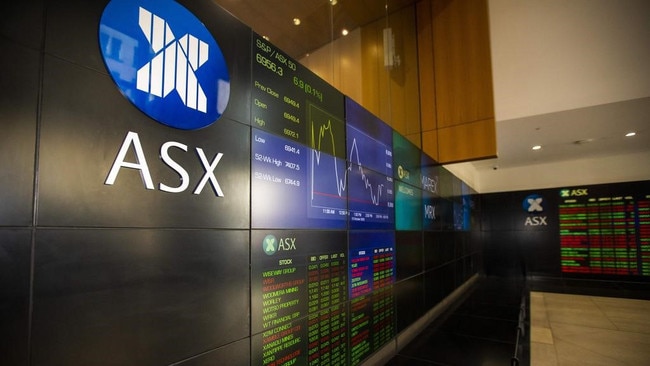
Corporate Travel Management
The second travel stock to be hit hard by the Trump tariffs was Corporate Travel manager, which has warned its full-year revenue would come in lower than previously expected on “broad economic and tariff uncertainty”.
According to its latest announcement to the ASX, FY25 Group revenue will be 4 per cent softer than previously forecast and EBITDA will be impacted by around $30m.
“This outlook assumes the tariff uncertainty impacting March and April activity remains through the remainder of the financial year and there is no further deterioration to April client activity in May and June,” the company said.
Resource stocks
While the resource companies will start announcing results in the coming weeks, underlying commodity prices have swung on the back of Trump’s tariffs.
China, the NBS Manufacturing PMI fell to 49 in April from 50.5, the largest in two years, reflecting the impact of tariffs.
This led to significant declines overnight on Wednesday in key commodities.
Iron ore fell 1.53 per cent to $96.95, copper futures plunged 5.41 per cent to $4.60, and crude oil slipped 3.56 per cent to $58.28, locking in a staggering 18.50 per cent loss for April.
“The effects of tariffs on our mining coverage is likely to be mostly indirect rather than direct via slower global growth,” Mr Halloway said.
“The likely effects on China’s exports is also a headwind for its economy and in turn commodity demand led by iron ore and copper.”
Originally published as ‘Don’t want to go to the US’: ASX businesses flag major Trump problem

